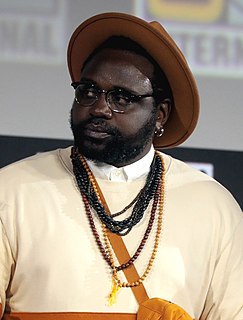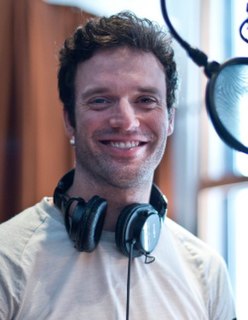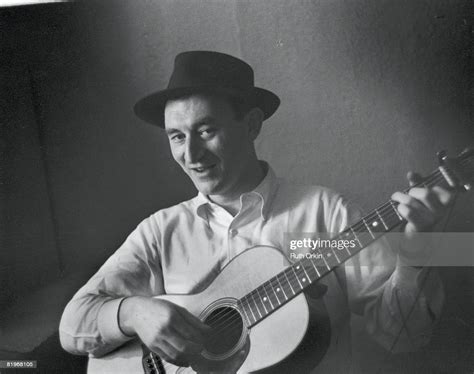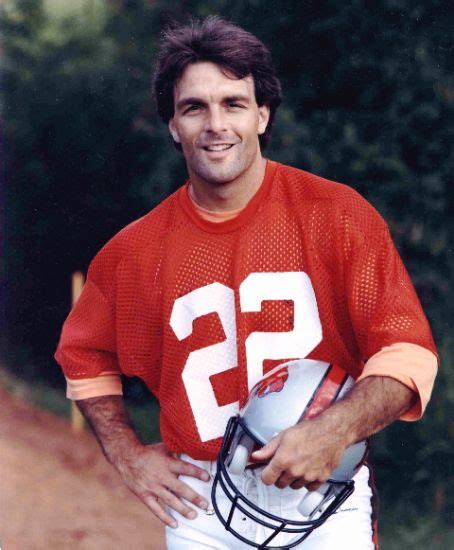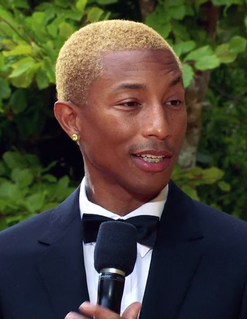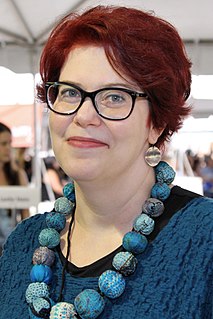A Quote by Alex Lifeson
I don't know how many times I heard older people, and not just parents but just older people, say, 'Oh, my God. Your generation is just totally nuts. You have no sense of what it was really like, when it was great.' And every generation has that same feeling, you know?
Related Quotes
I usually get approached by older white ladies of a certain class, with their pearls and, you know, their Talbots on and everything, and they're like, 'We just have to say, we know we're not your demographic, but we love Paper Boi; we really love this show, and we love what you're doing.' It's totally cool.
As each generation comes up that doesn't have the habits for paper it's just easier and cheaper to get your stuff online. You know, people go to what they're used to. Certainly our generation, you know, we'll always want to have a magazine in our hands. We like that, but millennials didn't see the value in that necessarily.
I still get angry when older people assume that everyone in my generation, screws around. They're probably the same ones who think all kids use dope. It's true that we are more open than our parents but that just means we accept sex and talk about it. It doesn't mean we are all jumping into bed together.
I don't know if it's unique, but I know many Korean American people of my generation who want to know about their grandparents' lives in Korea, but their family members won't tell them because it's too painful. But my grandmother is just a natural storyteller, and she very openly spoke about really difficult times in her life.
I know for myself my big, long friendships they don't have the same problems any more, but they also-when you get together you often times just have a drink and watch football together. You're not really talking about everything so much the same way. You just need to be around each other, and yet you can look at each other and so much is said just between those minutiae- it's totally subtle is really what it is. I felt like that, you know, a life that's been so totally dramatic then becomes beauty in the fact that it's just so small.
Now people are much more receptive because they can just go online and just Google your name and make sure you're not, you know, psycho. But, before, I think lot of opportunities were missed by a lot of girls. Also parents! The girls would go home and would say, "Oh, you know, I was just scouted." And the parents were, like, "You're not going to be a prostitute."
We no longer just take religious identity from our parents, so what's going on? Why are people going to this series, why are people reading so many books about religion? It's because they want answers. The answers are no longer just passed down from generation to generation. It's harder for people. In effect, you have to roll up your sleeve and ask the questions. But if you do it, if you forge your own identity, it can be much more personal and much more meaningful to you.
My generation, we're so smart and opinionated, and we know the world we want to live in; we know the future we want. We're such a liberal, forward-thinking generation that's been held back by an older generation that doesn't understand it, doesn't want the world to progress quickly because of old ideologies.
It’s funny—when people call you “shy,” they usually smile. Like it’s cute, some funny little habit you’ll grow out of when you’re older, like the gaps in your grin when your baby teeth fall out. If they knew how it felt—really being shy, not just unsure at first—they wouldn’t smile. Not if they knew how the feeling knots up your stomach or makes your palms sweat or robs you of the ability to say anything that makes sense. It’s not cute at all.


